Major Power Relations
Your Present Location: PROGRAMS> Major Power Relations-
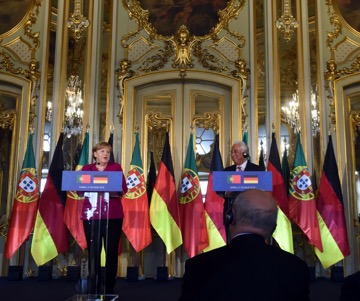
Wang Peng: The Real Victims
After U.S. President Donald Trump instigated a trade war that launched 25-percent tariffs on $34 billion worth of Chinese products on July 6, the Chinese Government immediately retaliated with tit-for-tat duties on U.S. goods.
2018-07-17 -
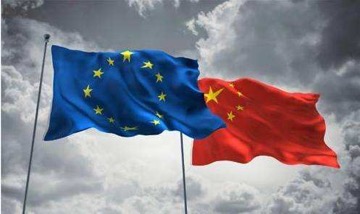
China, EU are not forming anti-US bloc
China and the EU on Monday agreed to jointly work to safeguard the rules-based international order, promote multilateralism, and support free trade, a move that experts say is not an attempt to create a bloc to oppose the US for imposing trade tariffs against China and the EU.
2018-07-17 -
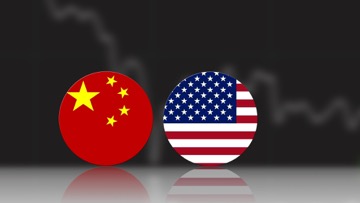
He Weiwen: US tariffs will end up in failure
The Trump administration has imposed a 25-percent tariff on 818 import items worth 34 billion US dollars from China on Friday. China immediately retaliated by imposing a levy of the same scale, placing a 25-percent tariff on the same volume (34 billion US dollars) of imports from the US. The Chinese Ministry of Commerce said in a statement that the US has started the "largest trade war in economic history." The trade volume immediately dwarfed the similar US tariff wars with Canada and the EU.
2018-07-16 -
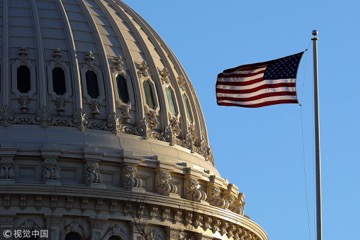
Wen Yang: Death by misreading of China
The Sino-US trade war has started and things are escalating fast. Many commentators believe that the war is developing in accordance with the script of "Death by China" by one of US President Donald Trump's top advisors Peter Navarro.
2018-07-16 -
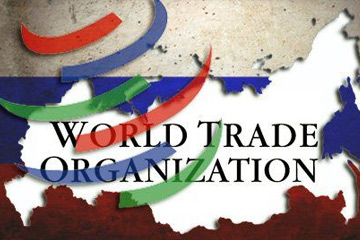
China dismisses criticism at WTO
China on Thursday defended its role at the WTO as it faces rising criticism from some WTO members, saying that it has fulfilled its promise to the multilateral trade body and its continued reform efforts have created great opportunities for global economic growth and tangible benefits for trade and investment partners.
2018-07-13 -
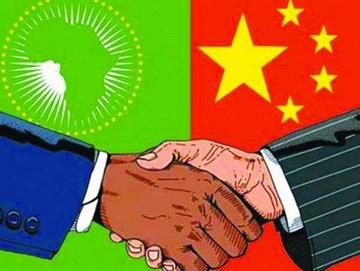
China’s loans to Africa leave their sovereignty unscathed
China's investment and loans in African countries are designed to help them improve basic infrastructure, increase productivity and achieve self-reliance, which analysts say differs from years of strings-attached aid from the West.
2018-07-13 -
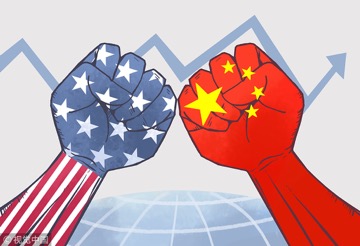
Trade war has limited impact on Chinese economy
The trade war involving $50 billion between China and the United States will have limited impact on the Chinese economy, central bank economist Ma Jun said on Friday.
2018-07-13 -
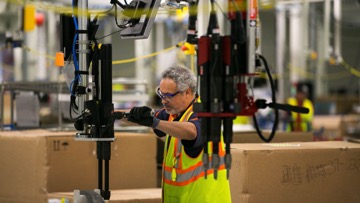
Liu Zhiqin: Diminishing Global Trust and Support for the U.S.
On June 15, 2018, U.S. President Donald Trump broke another of his promises with the sudden announcement of 25 percent tariffs on US$50 billion of Chinese imports, reigniting a major dispute between the world’s two largest economies.
2018-07-12 -
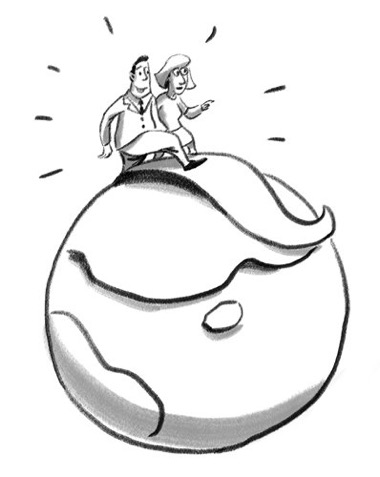
Ding Gang: Chinese spirit raises gifted generation
In a recent article, The New York Times shone the spotlight on Lang Lang by calling the injury to his left arm "a major loss, since he is one of classical music's biggest and most bankable stars." The article said, "It is harder than ever for a classical musician to become famous worldwide."
2018-07-12 -
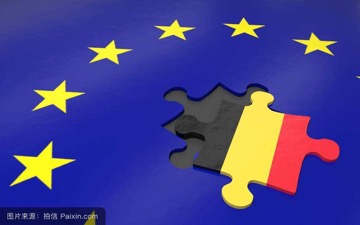
Zhao Minghao: Brussels showing needless skepticism over China-CEEC cooperation
Chinese Premier Li Keqiang recently attended the seventh Leaders' Meeting of China and Central and Eastern European Countries (CEEC) in Sofia, Bulgaria. Li reiterated that the 16+1 mechanism is an open and transparent platform, adding that China-CEEC cooperation has always followed international rules and EU regulations while Chinese enterprises are required to participate in bidding for European projects in accordance with market regulations and business rules.
2018-07-11 -
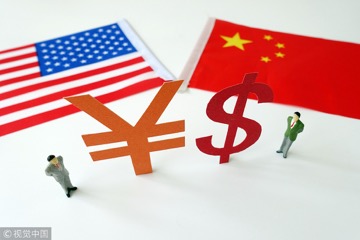
He Yafei: Will China and US enter a new 'Cold War'?
In the past 40 years, the world has seen the end of the Cold War and the emergence of the United States as the sole superpower, prompting it to assume the global competition between political systems had ended without realizing that these changes have been accompanied or followed by multi-polarization and globalization.
2018-07-11 -
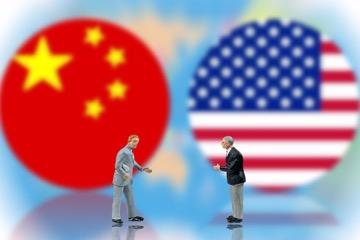
Dong Ximiao: Trade war will harm all global players
Since the beginning of this year, trade frictions between China and the United States have significantly escalated. And with additional US tariffs on $34 billion worth of Chinese goods taking effect on Friday, the US has now launched a full-blown trade war against China.
2018-07-11 -
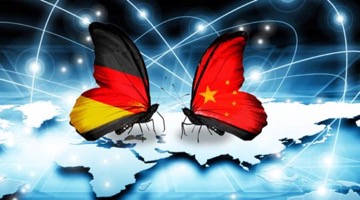
Beijing, Berlin agree to cooperate in trade
China and Germany have agreed to unequivocally oppose protectionism and safeguard the free trade system based on multilateral rules to promote strong, sustainable and balanced global economic growth.
2018-07-11 -

Liu Zhiqin: China fights the trade battle for glory
The United States has escalated the tension in the trade disputes between the world`s two largest economies by imposing tariffs on Chinese products worth 34 billion US dollars, and are understandably confronted with reciprocal measures by China on goods worth the same amount imported from the US.
2018-07-10 -
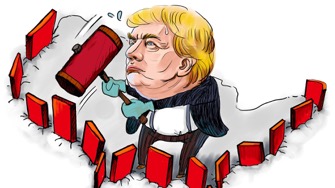
Wen Yang: How should the world react to Trump’s obstinacy?
The Sino-US trade war officially started on July 6 as the Trump administration’s decision to impose a 25 percent tariff on goods from China worth 34 billion dollars came into force, followed by the Chinese government’s announcement that it would “counter against the United States through comprehensive measures of quantity and quality.”
2018-07-09 -
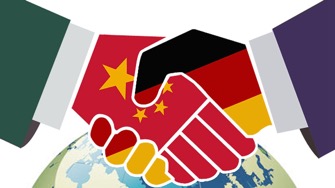
Wang Yiwei: When the world`s second-largest economy shakes hands with the fourth
“If Europe does not want to become the periphery of the world, it has to culturally and economically engage with Asia following the ancient silk road”, Robi Ronza (an Italian journalist and writer) predicted in 1984, which has been proved by the Belt and Road Initiative.
2018-07-09 -
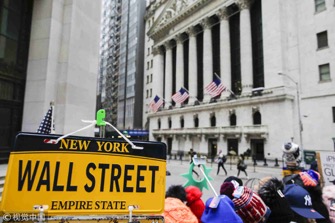
How will Trump`s trade war with China end up?
The escalation of Donald Trump`s trade war with China has swiftly spilled over to other continents, including Europe and even Africa. Despite the economic ripples, a backlash from the rest of the world, and risks of isolating America, the very architect of the multilateral trading system, the economic arsonists in Trump`s White House are setting small fires around the world`s major financial epicenters.
2018-07-03 -
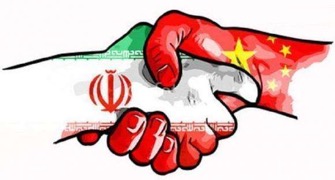
Chinese firms to stay in Iran despite US threats
Chinese enterprises will not pull out of Iran after US sanctions kick in, but they may face a tough business environment due to pressure from the US, Chinese analysts said following reports that the US demanded China and other countries cease imports of crude oil from Iran.
2018-07-02 -
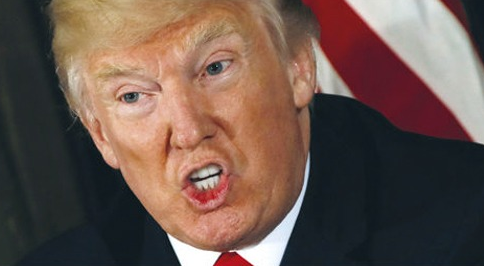
William Jones: Why the “Fire and Fury” on China Trade?
The world is on tenterhooks waiting for the next moves from the Trump Administration in terms of the draconian tariffs he has threatened to place on China as well as on a number of other countries, including our close neighbors Canada and Mexico. And the question remains for most people: Is he really intent on carrying out the threat (the first tariffs are to take effect on July 6) or is this merely an “in-your-face” negotiating tactic to cut a better deal for the United States? We probably won’
2018-07-02 -
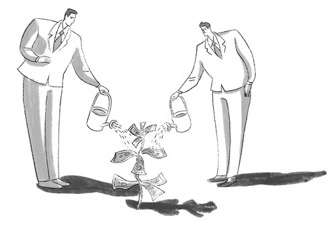
Ding Gang: China, Japan can come closer in business
On Tuesday, some Chinese and Japanese scholars along with former officials organized an event in Shanghai to commemorate the 40th anniversary of the signing of the Sino-Japanese Peace and Friendship Treaty. The scale of the activities is rare in recent years, reflecting a thaw in China-Japan relations.
2018-06-28
























































































 京公网安备 11010802037854号
京公网安备 11010802037854号





